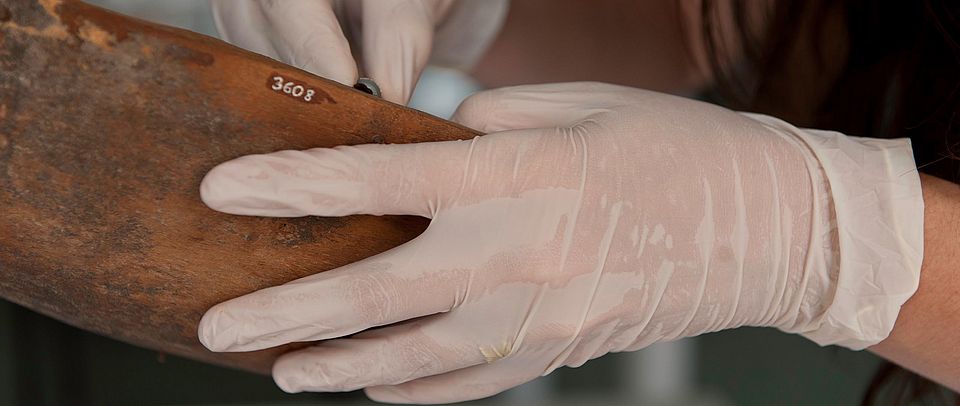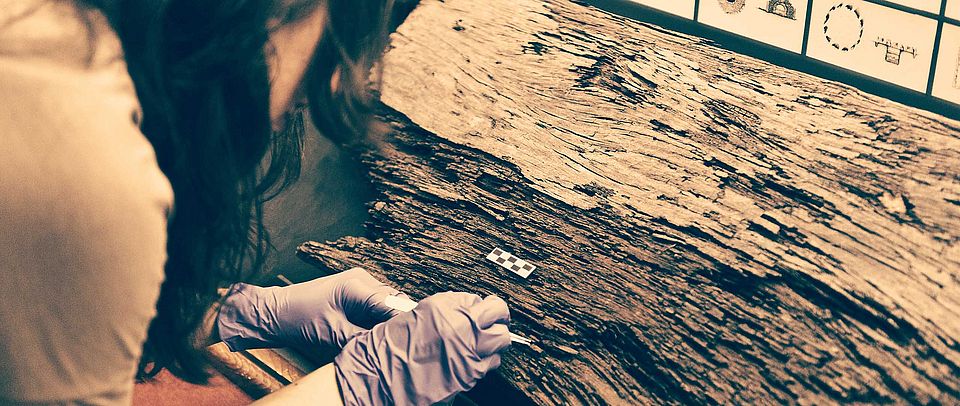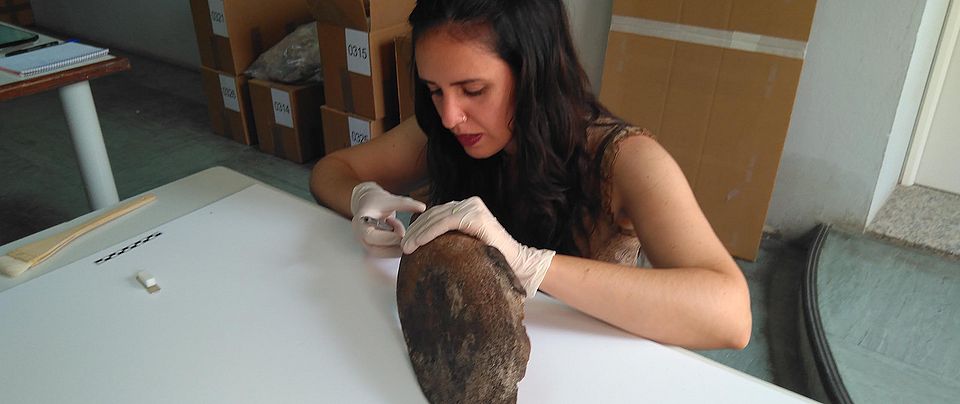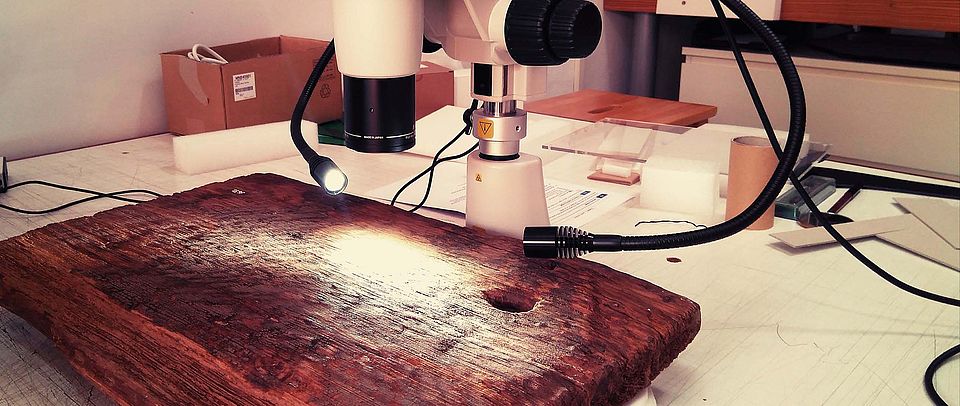Exploring Prehispanic woodworking technologies in the isolated context of the Canary Islands: Innovative and adaptive responses
Recipient: Paloma Vidal-Matutano
Supervisor: Dorota Wojtczak
Grant agreement ID: 101018095
Funding: European Comission (H2020), programme: Marie Skłodowska-Curie Actions
Duration: 01/09/2021 – 31/08/2023
CORDIS web: https://cordis.europa.eu/project/id/101018095
Abstract:
The Canary Islands were first settled around the Era by Berber agropastoral populations from North Africa, thus representing the last and westernmost expansion of the Eurasian/Mediterranean farming package. These first farmers remained isolated in the archipelago until Europeans arrived in the 15th century CE. After their settling, they had to adapt to the local raw material availability, which lacked metal ores, and thus developed volcanic lithic technologies and woodcraft in an insular environment. Yet, how did this adaptation process succeed despite the lack of metal tools? Based on lithic studies, funerary practices, hand-made pottery and singular architectural elements, local adaptive processes in terms of social complexity and subsistence practices have been suggested for each island. However, organic materials have not yet been included in the archaeological discussion. Building on one of the richest geographical regions to present desiccated wooden artefacts, this project seeks to test the hypothesis that the study of woodworking technology can shed new light on the human adaptation process in response to the lack of metal tools and to the biogeographical differences between islands (raw material availability). The advancement of new knowledge regarding this unparalleled issue will provide meaningful data about human innovation/resilience in contexts of isolation and sudden reduction of technological optionality with high potential for future applications in other oceanic islands. However, this objective is not possible to achieve using conventional archaeobotanical methods. Thus, WoodTRACES will apply a novel interdisciplinary approachbased on archaeobotany, experimental archaeology and tool-mark and wear analyses to study the process of production and usage of wooden artefacts by the first settlers of the Canarian archipelago.




